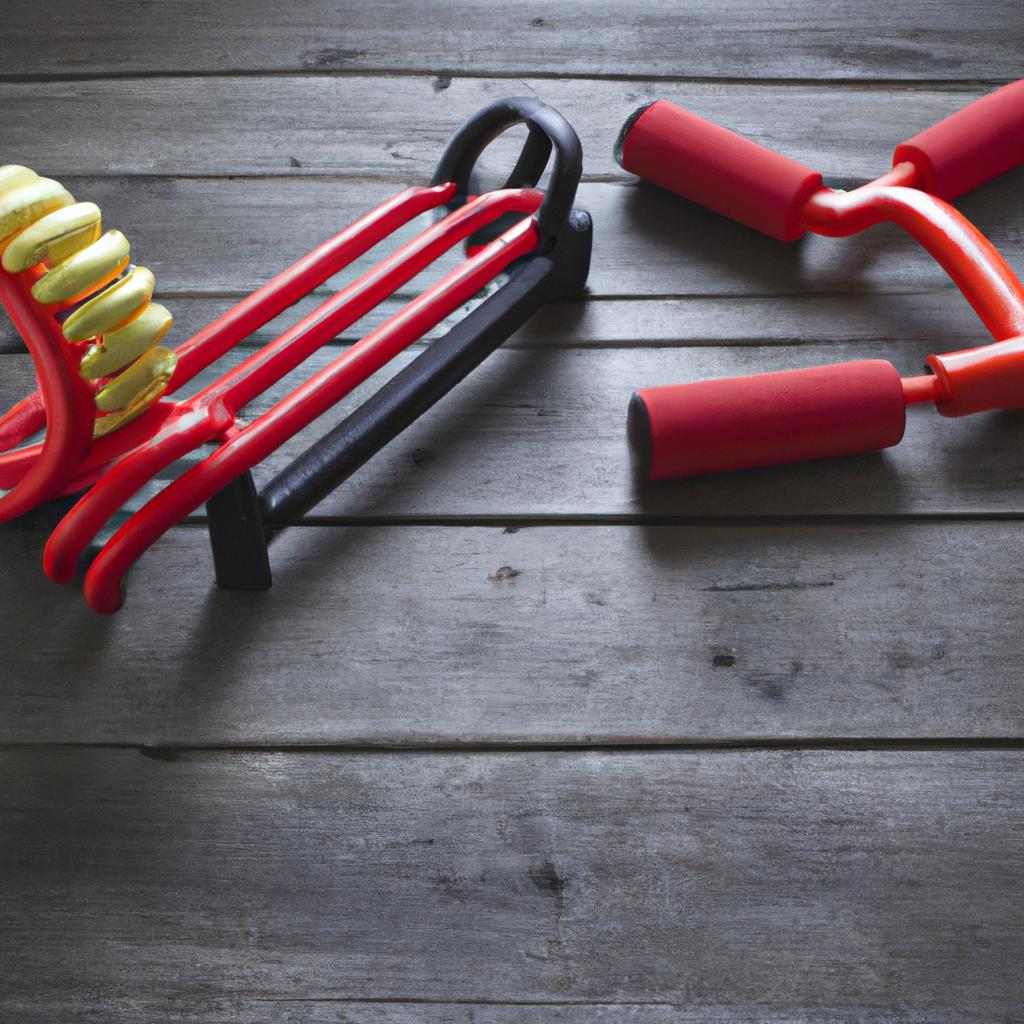**”The Role of Bodyweight Conditioning in Enhancing Sports Performance: How Functional Movements Improve Agility, Strength, and Endurance for Athletes”**
The Role of Bodyweight Conditioning in Enhancing Sports Performance: How Functional Movements Improve Agility, Strength, and Endurance for Athletes
In the world of athletics, performance is often measured by speed, strength, and endurance. As athletes continuously seek ways to enhance their capabilities, bodyweight conditioning has emerged as a powerful tool in optimizing sports performance. This form of training focuses on functional movements that not only improve physical fitness but also enhance agility, strength, and endurance. In this blog post, we will explore the significance of bodyweight conditioning, delve into its benefits, and provide nutrition tips and exercise advice to maximize its effectiveness.
Understanding Bodyweight Conditioning
What is Bodyweight Conditioning?
Bodyweight conditioning refers to exercises that use your body’s weight as resistance for strength and conditioning training. Unlike traditional weightlifting, bodyweight exercises can be performed anywhere and require minimal equipment. Common examples include push-ups, squats, lunges, and planks.
The Importance of Functional Movements
Functional movements are essential components of bodyweight conditioning. These movements mimic everyday activities and sports-specific actions. For instance, a squat emulates the motion of jumping or sprinting, while a push-up mirrors the push-off required in many sports. Therefore, incorporating these movements into an athlete’s training regimen can lead to significant performance improvements.
Enhancing Agility, Strength, and Endurance
Agility: The Key to Quick Movements
Agility is crucial for athletes across various sports, as it determines how quickly one can change direction without losing balance. Bodyweight conditioning enhances agility through exercises that promote coordination and body awareness. For example, plyometric exercises like jump squats or burpees improve explosive strength and quick foot movements. Consequently, athletes become more adept at maneuvering around opponents and responding to dynamic game situations.
Building Strength Through Resistance
Strength is another cornerstone of athletic performance. Bodyweight exercises effectively build functional strength by engaging multiple muscle groups simultaneously. For instance, a pull-up targets the back, shoulders, and arms while also engaging the core. Moreover, because bodyweight training emphasizes compound movements, athletes develop balanced strength that is applicable to their specific sports.
Endurance: Sustaining Performance
Endurance is vital for athletes who participate in long-duration sports, such as running, cycling, or swimming. Bodyweight conditioning enhances endurance through circuit training and high-intensity interval training (HIIT). These training modalities keep the heart rate elevated, thus improving cardiovascular fitness. In addition, bodyweight exercises help athletes develop muscular endurance by requiring them to maintain form while performing multiple repetitions. Consequently, athletes can sustain peak performance levels throughout their events.
Nutrition Tips for Enhanced Performance
Fueling the Body
Effective bodyweight conditioning requires proper nutrition. Athletes should focus on consuming a balanced diet rich in whole foods. This includes lean proteins, complex carbohydrates, healthy fats, and plenty of fruits and vegetables. For example, whole grains provide the necessary energy for endurance training, while protein sources like chicken or legumes aid in muscle recovery and growth.
Hydration is Key
Moreover, hydration plays a pivotal role in athletic performance. Dehydration can lead to decreased strength and endurance, which is detrimental during training and competition. Therefore, athletes should aim to drink water consistently throughout the day and consider electrolyte-infused beverages during intense workouts to replenish lost minerals.
Timing Your Meals
Furthermore, meal timing can impact performance. It is advisable for athletes to consume a balanced meal or snack containing carbohydrates and protein approximately 30-60 minutes before training. This practice provides the necessary fuel for workouts, enhancing overall effectiveness.
Health Benefits of Bodyweight Conditioning
Injury Prevention
One of the significant advantages of bodyweight conditioning is its role in injury prevention. Since these exercises emphasize proper movement patterns, they help strengthen stabilizing muscles and improve flexibility. As a result, athletes are less prone to injuries caused by muscle imbalances or poor mechanics.
Mental Toughness
In addition to physical benefits, bodyweight conditioning fosters mental toughness. As athletes push through challenging exercises, they build resilience and determination. This mental fortitude translates to improved focus and performance during competitions.
Adaptability and Convenience
Finally, bodyweight conditioning is incredibly adaptable, making it suitable for athletes of all levels. Whether trained in a gym or at home, athletes can modify exercises to fit their individual needs. Furthermore, this convenience allows for consistent training, which is essential for continual improvement.
Conclusion
In conclusion, bodyweight conditioning plays a vital role in enhancing sports performance. By focusing on functional movements that improve agility, strength, and endurance, athletes can optimize their training regimens and achieve their performance goals. Coupled with proper nutrition and hydration, bodyweight exercises provide a comprehensive approach to athletic conditioning. Therefore, whether you are a seasoned athlete or just starting your fitness journey, consider incorporating bodyweight conditioning into your routine for maximum results.
FAQ
What are the primary benefits of bodyweight conditioning for athletes?
Bodyweight conditioning offers several key benefits for athletes, including improved agility, strength, and endurance. By focusing on functional movements that mimic sports-specific actions, athletes can enhance their performance. Additionally, bodyweight exercises help build balanced strength, increase cardiovascular fitness, and promote muscular endurance, making them a versatile training tool.
How does bodyweight conditioning help in injury prevention?
Bodyweight conditioning emphasizes proper movement patterns, which strengthens stabilizing muscles and improves flexibility. By addressing muscle imbalances and promoting better mechanics, athletes are less prone to injuries. This focus on functional movements helps create a more resilient and adaptable body, reducing the risk of common sports-related injuries.
What nutritional strategies should athletes follow to maximize the effectiveness of bodyweight conditioning?
Athletes should focus on a balanced diet rich in whole foods, including lean proteins, complex carbohydrates, healthy fats, and plenty of fruits and vegetables. Proper hydration is crucial, as dehydration can negatively impact strength and endurance. Additionally, consuming a balanced meal or snack containing carbohydrates and protein 30-60 minutes before training can provide the necessary fuel for workouts, enhancing overall effectiveness.















Post Comment